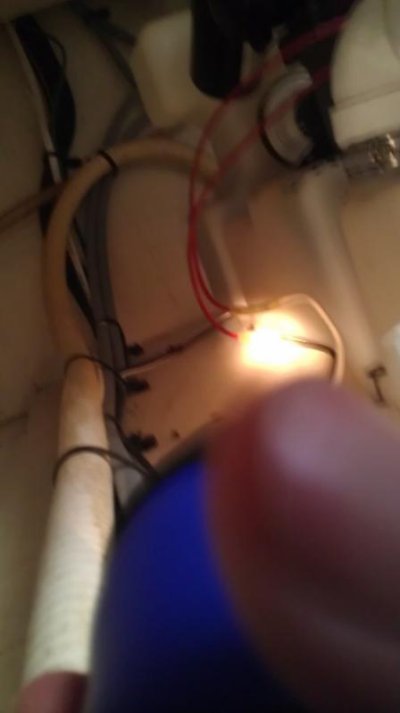A little bit of misinformation regarding Maritime liens here. A supplier of "necessaries", which includes repairs, can obtain a lien by virtue of the Maritime Lien Act. the maritime lien is a completely different animal than civil law based liens. A creditor must file a complaint in Federal Court. The Complaint is against the vessel, not the owner, a bit of a legal oddity. That is, the legal action is against the vessel itself, not the owner. If the lien is granted, and it usually is as no notice to the debtor of the action is required at this point, the Court issues as "Order of Arrest" and the US Marshall goes out and "arrests" the vessel. A lien seeker is required to post with the court a cash deposit in the amount of the Marshall's cost and the cost of the Marshall's cost of possessing the boat. This amount is set by each Federal District Court. In the Seattle area, the cash amount is $10,000 (if it has not changed recently).
Once the vessel is "arrested", the owner can gain release of the vessel by (1) paying the amount of the lien with associated costs, (2) if the debtor wants to challenge the lien in the court, the court will require him to post a like amount with the court, in cash, a bond, or a letter of guarantee.
As to costs of the vessel while arrested, those become part of the final costs of the action. If the lienholder wins, the vessel or its owner bears all the costs; if the debtor wins, the lienholder will bear all the costs, including dockage, etc. during the action.
For the amounts BB seems to be dealing with, the mechanic filing a lien would seem unlikely.
Lawyer's disclaimer (we have to do this you know!)-since I am not licensed to practice in BB's jurisdiction, this is not legal advice, just a a short explanation of maritime liens.



